Sri Lanka, the “Pearl of the Indian Ocean,” is a vibrant island nation with over 2,500 years of recorded history and a strategic position at the crossroads of global trade routes. Located just south of India, Sri Lanka is known for its rich cultural heritage, lush natural landscapes, and dynamic, entrepreneurial spirit.
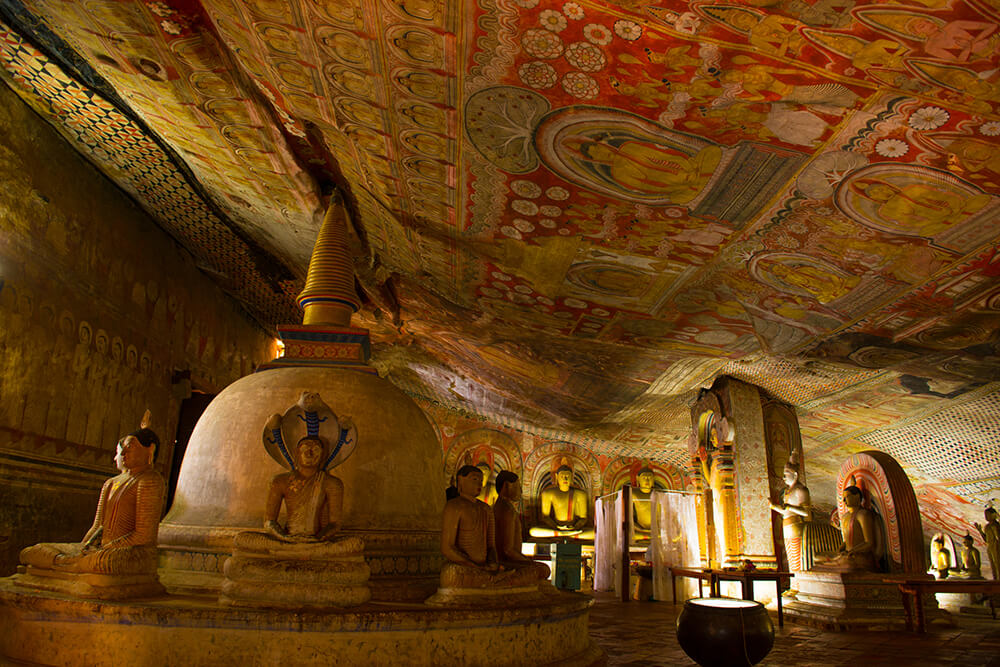
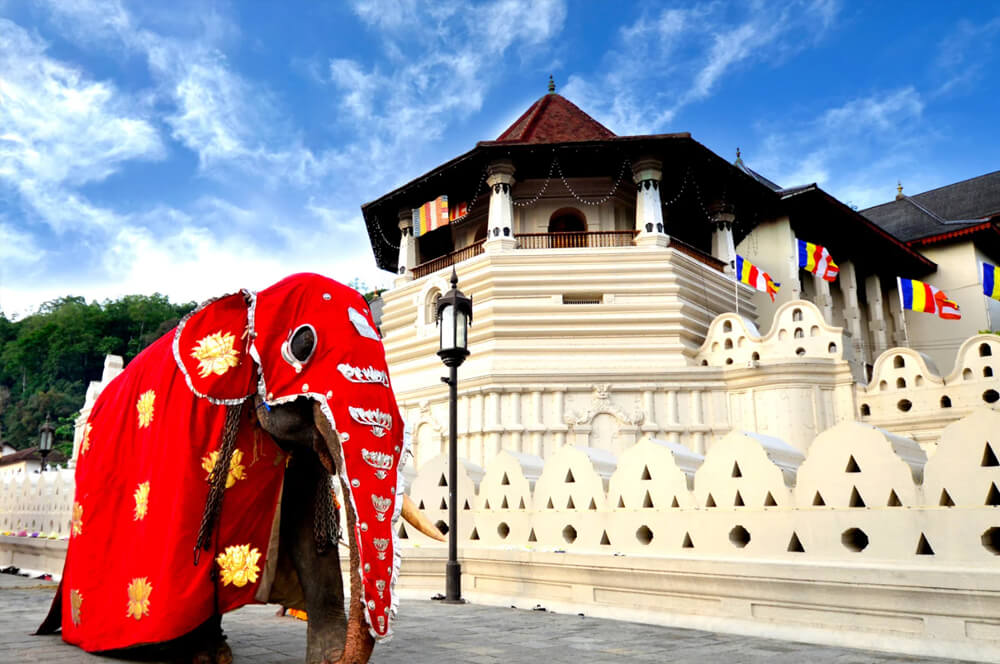
.jpg)
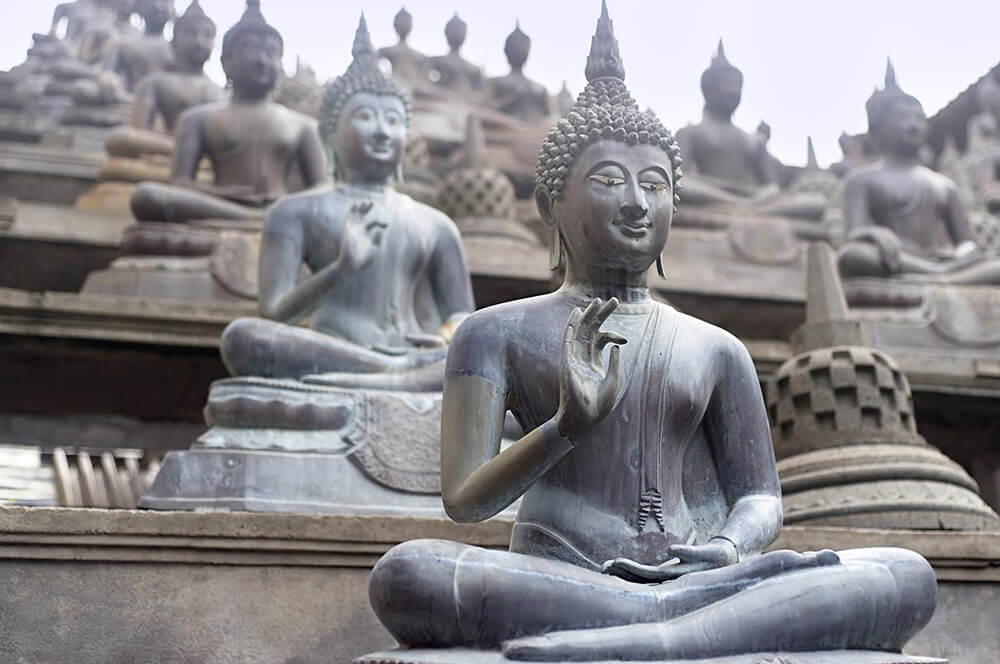
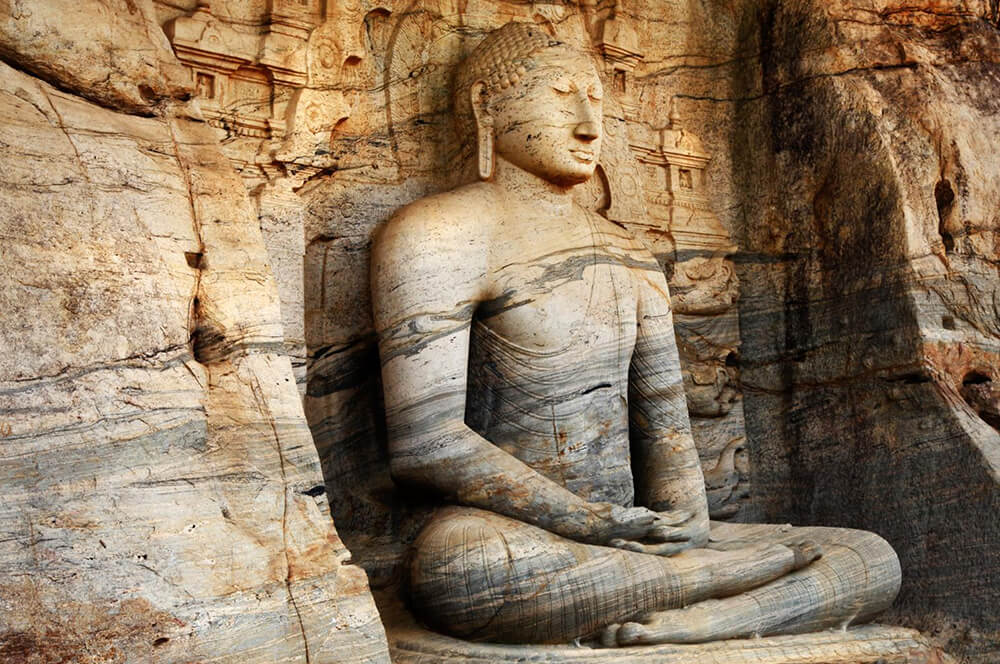
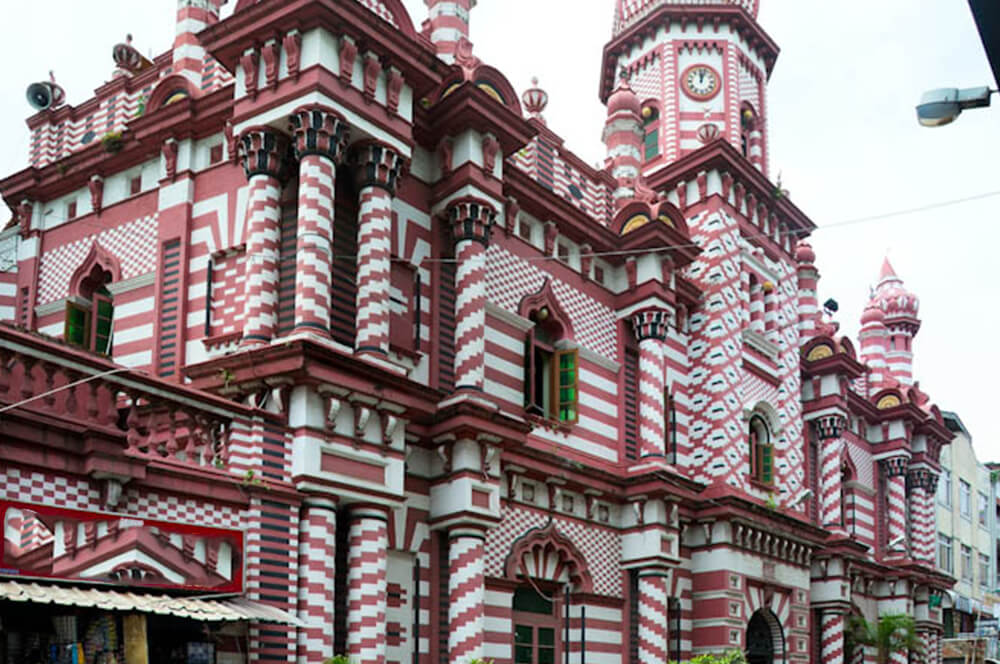
.jpg)
Sri Lanka’s heritage is rooted in ancient civilizations, with UNESCO World Heritage sites such as Anuradhapura, Polonnaruwa, Sigiriya, and Kandy offering glimpses into centuries of Buddhist art, architecture, and engineering. The country is home to the sacred Temple of the Tooth Relic, centuries-old stone stupas, cave temples, and intricate irrigation systems that are engineering marvels of the ancient world.
The diverse population—predominantly Sinhalese, Tamil, Moor, and Burgher—adds to the richness of traditions, languages, and festivals. Buddhism, Hinduism, Islam, and Christianity coexist harmoniously, with colorful celebrations like Vesak, Diwali, Eid, and Christmas woven into the national calendar.
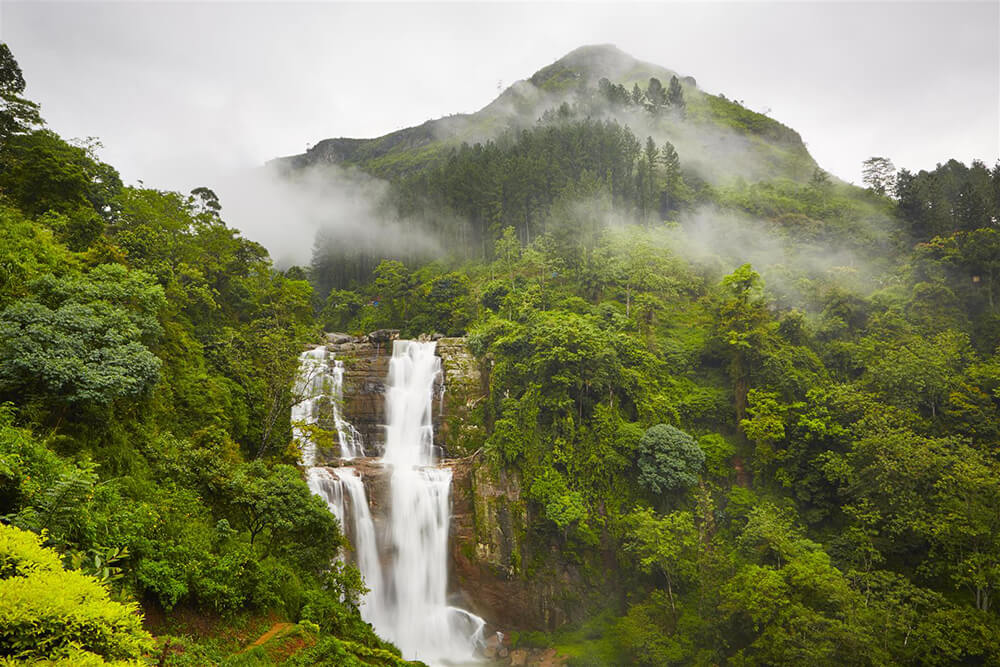
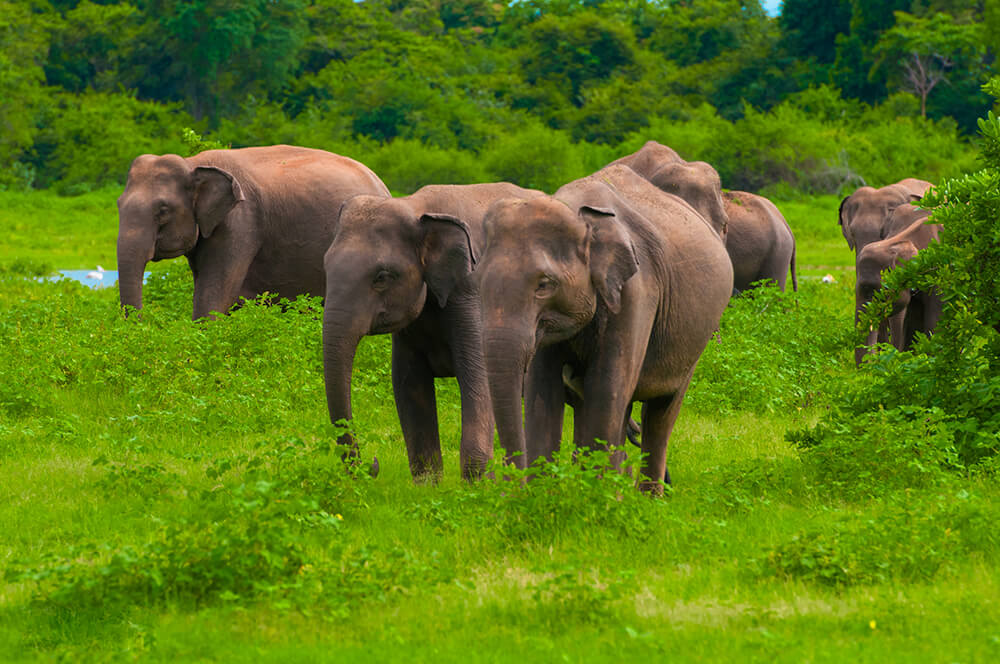
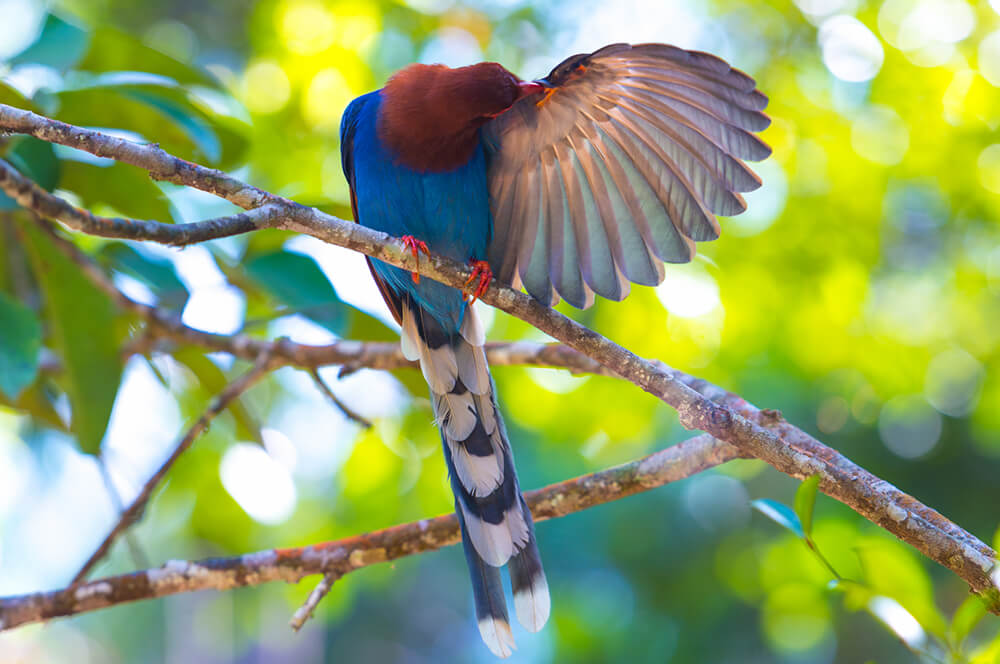
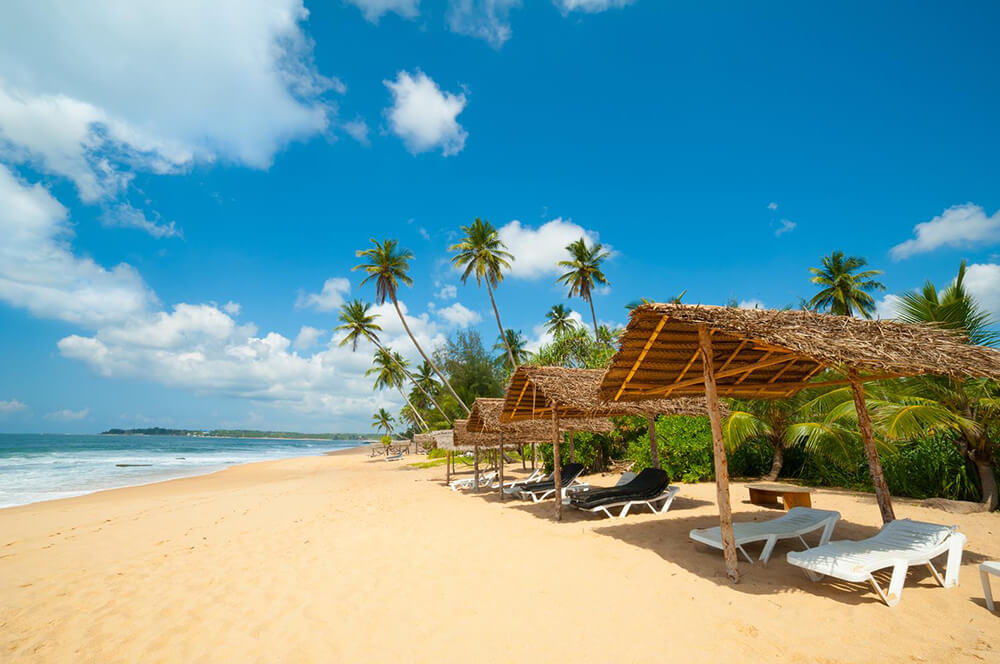
From golden beaches to misty mountains, and from tropical rainforests to dry savannahs, Sri Lanka is a biodiversity hotspot. With 26 national parks and over 400 bird species, it offers unmatched wildlife experiences. The island is famous for its elephants, leopards, whales, and the iconic Sri Lankan Blue Magpie.

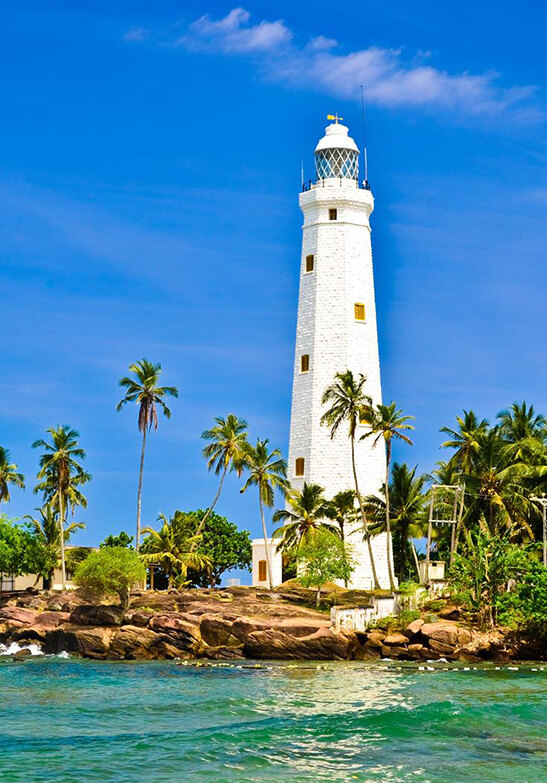
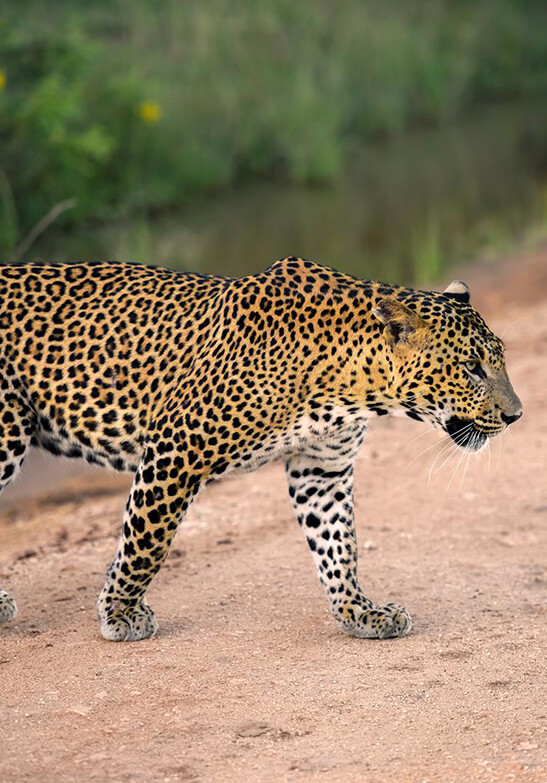

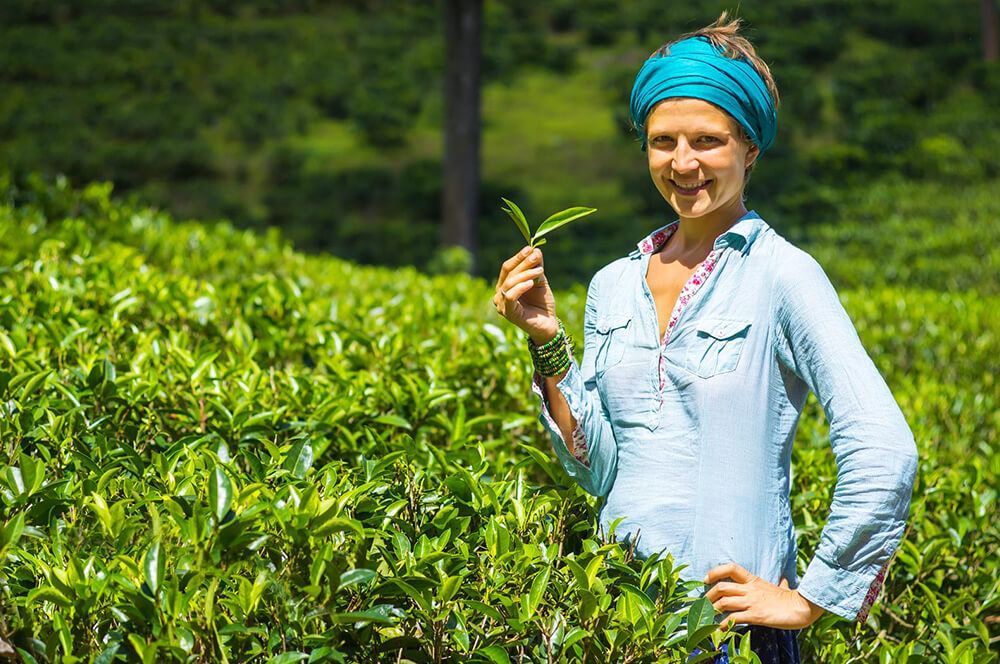
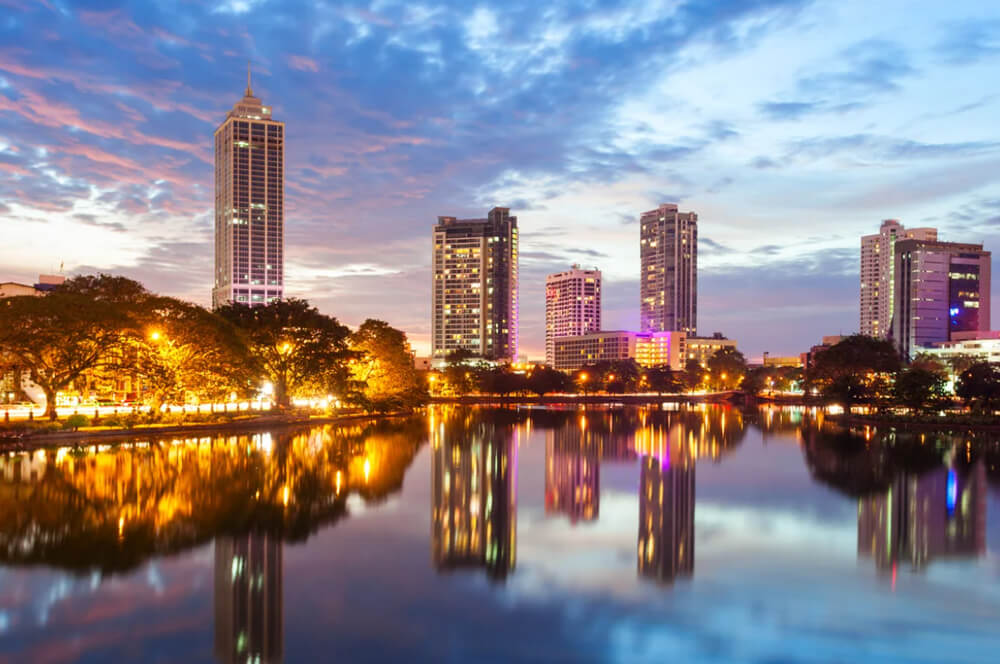
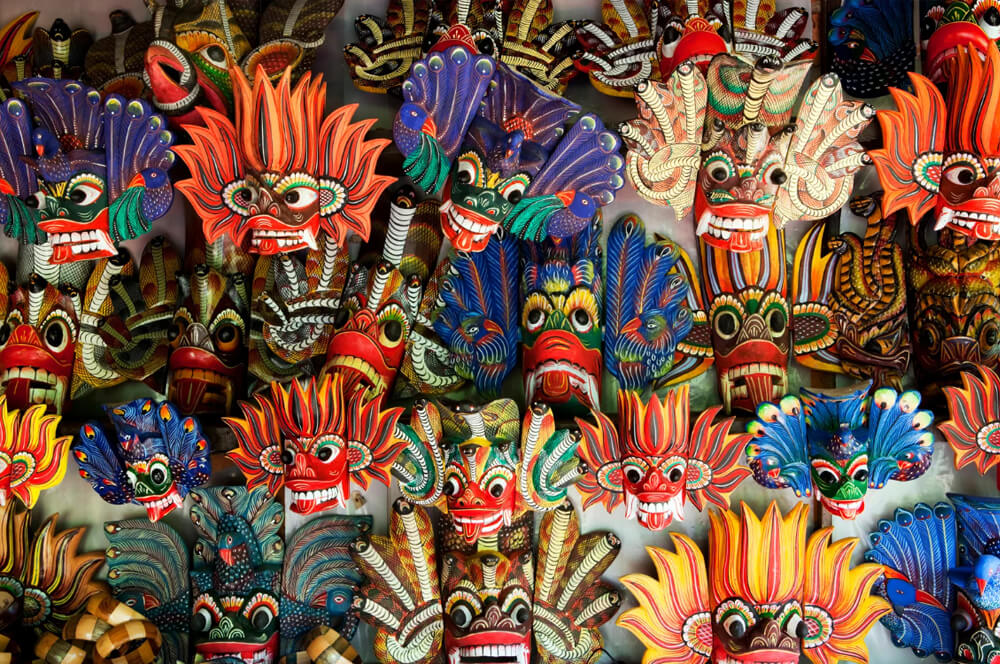

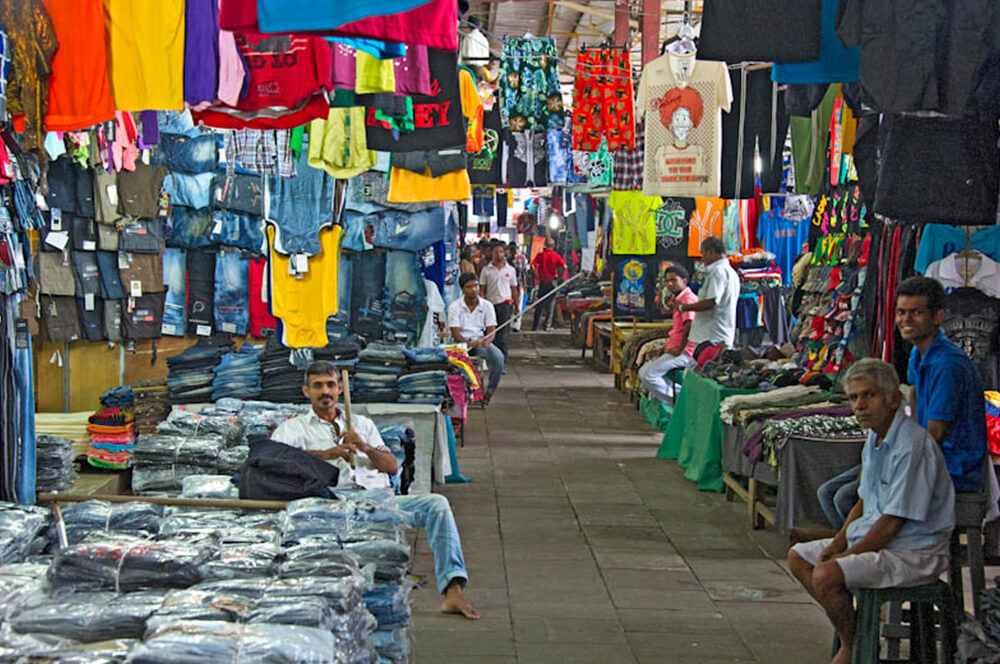
Sri Lanka is a gateway to South Asia, with key maritime and aviation links. Its economy is driven by services, tourism, agriculture, and manufacturing, particularly in apparel, tea, rubber, and spices. The country has steadily embraced renewable energy, digital transformation, and infrastructure development.
The government promotes foreign direct investment through special economic zones and export processing zones, with opportunities in technology, logistics, hospitality, and sustainable agriculture.
Sri Lankans are known for their warmth, resilience, and generosity. Whether in bustling cities or remote villages, visitors are often greeted with a smile and a heartfelt “Ayubowan” (may you live long). This spirit of hospitality is central to Sri Lanka’s growing global identity.
Sri Lanka’s location in the Indian Ocean makes it a key player in regional trade, logistics, and diplomacy. It plays an active role in platforms such as SAARC, BIMSTEC, ASEAN observer forums, and is a supporter of China's Belt and Road Initiative.